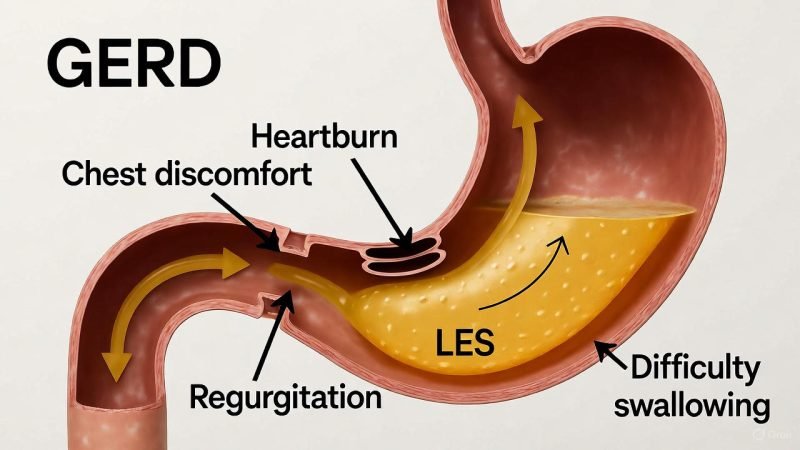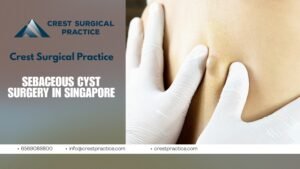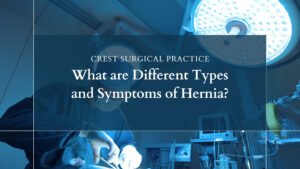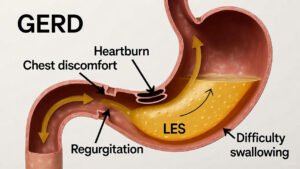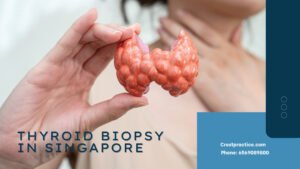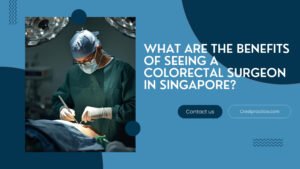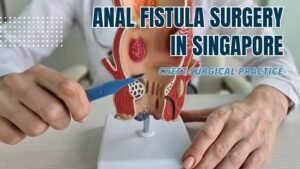Gastroesophageal reflux disease (GERD) is a common condition where stomach acid frequently flows back into the esophagus—the tube that connects your mouth to your stomach. This acid reflux can lead to symptoms such as heartburn, chest discomfort, regurgitation, and difficulty swallowing.
While GERD itself is not life-threatening, long-standing or untreated reflux can increase the risk of serious complications, including esophageal adenocarcinoma, a type of cancer that affects the lower esophagus.
Over time, repeated exposure to stomach acid can cause the cells lining the esophagus to change, a condition known as Barrett’s esophagus. Although Barrett’s itself is not cancer, it is considered a precancerous condition that raises the risk of developing esophageal cancer.
The good news is that these changes often happen slowly—and can be caught early with proper monitoring. In people with significant or long-term GERD symptoms, especially those at higher risk (such as men over 50, people who are overweight, or smokers), doctors may recommend an upper gastrointestinal endoscopy(also known as gastroscopy, or esophagogastroduodenoscopy).
This simple procedure allows for direct visualization of the esophagus to check for inflammation, Barrett’s esophagus, or early signs of cancer. If pre-cancerous changes or early cancer is detected through endoscopy, oftentimes, cancer can be prevented or cured.
Not everyone with GERD needs an endoscopy, but discussing your risk factors with your healthcare provider is important. If you’ve had symptoms for several years, or if they’re becoming more severe or frequent, a proactive approach can make a significant difference.
In addition to medical and endoscopic evaluation, lifestyle changes can play a key role in managing GERD and reducing risks. These include maintaining a healthy weight, avoiding trigger foods and drinks (like caffeine, alcohol, spicy or fatty foods), quitting smoking, and not lying down immediately after eating. Medications that reduce stomach acid can also help prevent or reduce damage to the esophagus. In severe cases of GERD, anti-reflux surgery like a fundoplication may be required. Thankfully, surgery is usually done laparoscopically or robotically, minimising the invasiveness significantly.
Ultimately, being informed and attentive to your symptoms is the first step. GERD may be common, but its potential complications—including cancer—are serious. Early detection and appropriate care, including, when necessary, endoscopic screening, can significantly improve outcomes and give peace of mind.
Source: This article was 1st published at cancermatters.cancer.org.my

